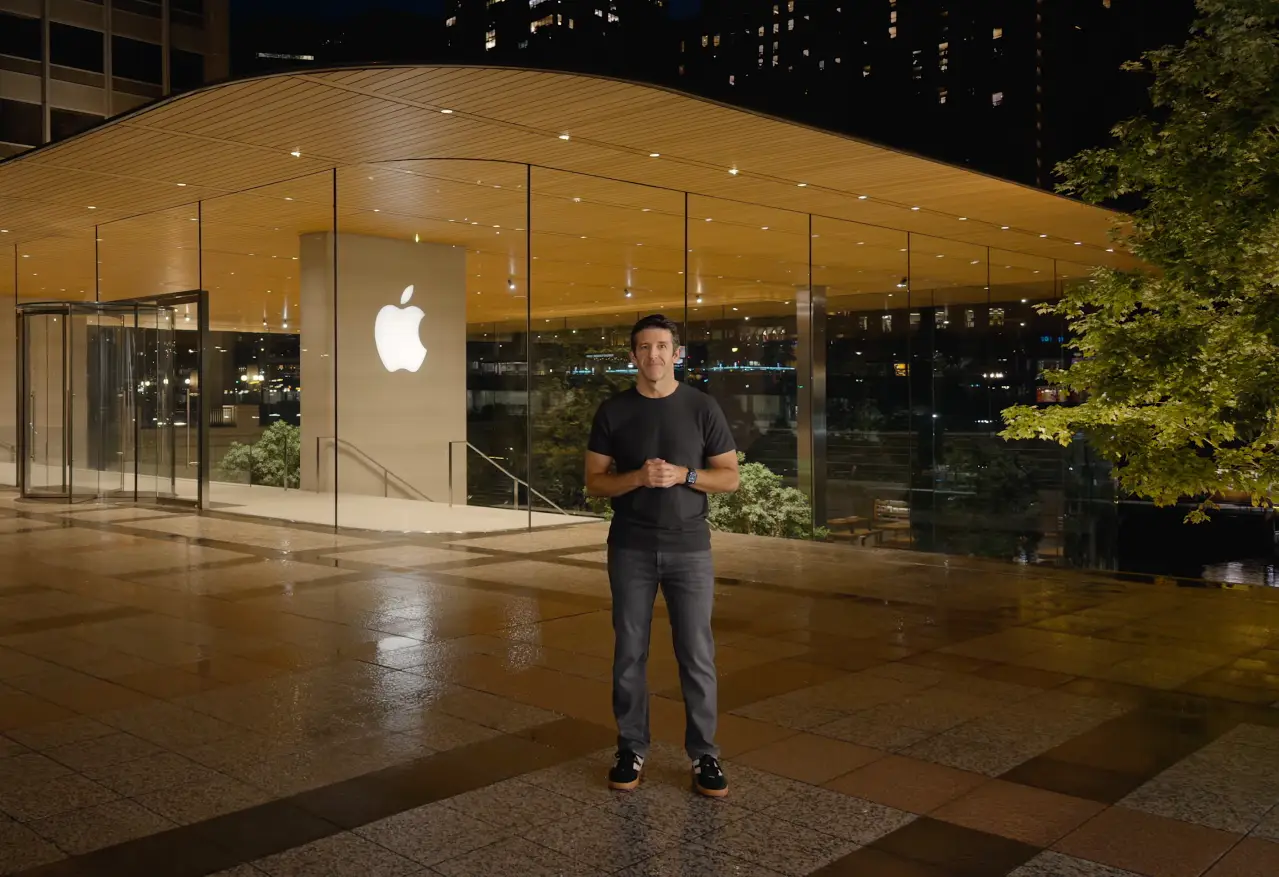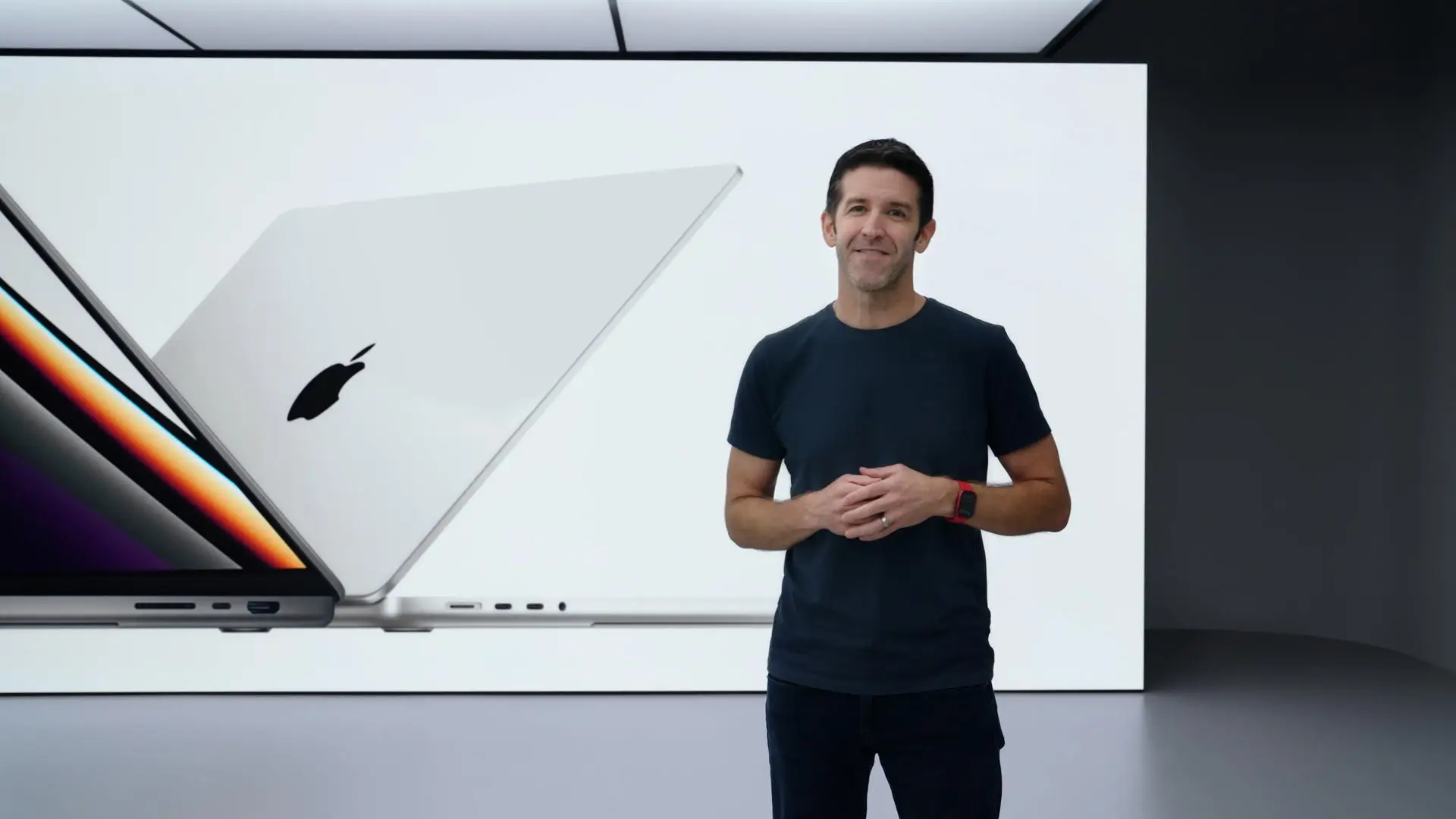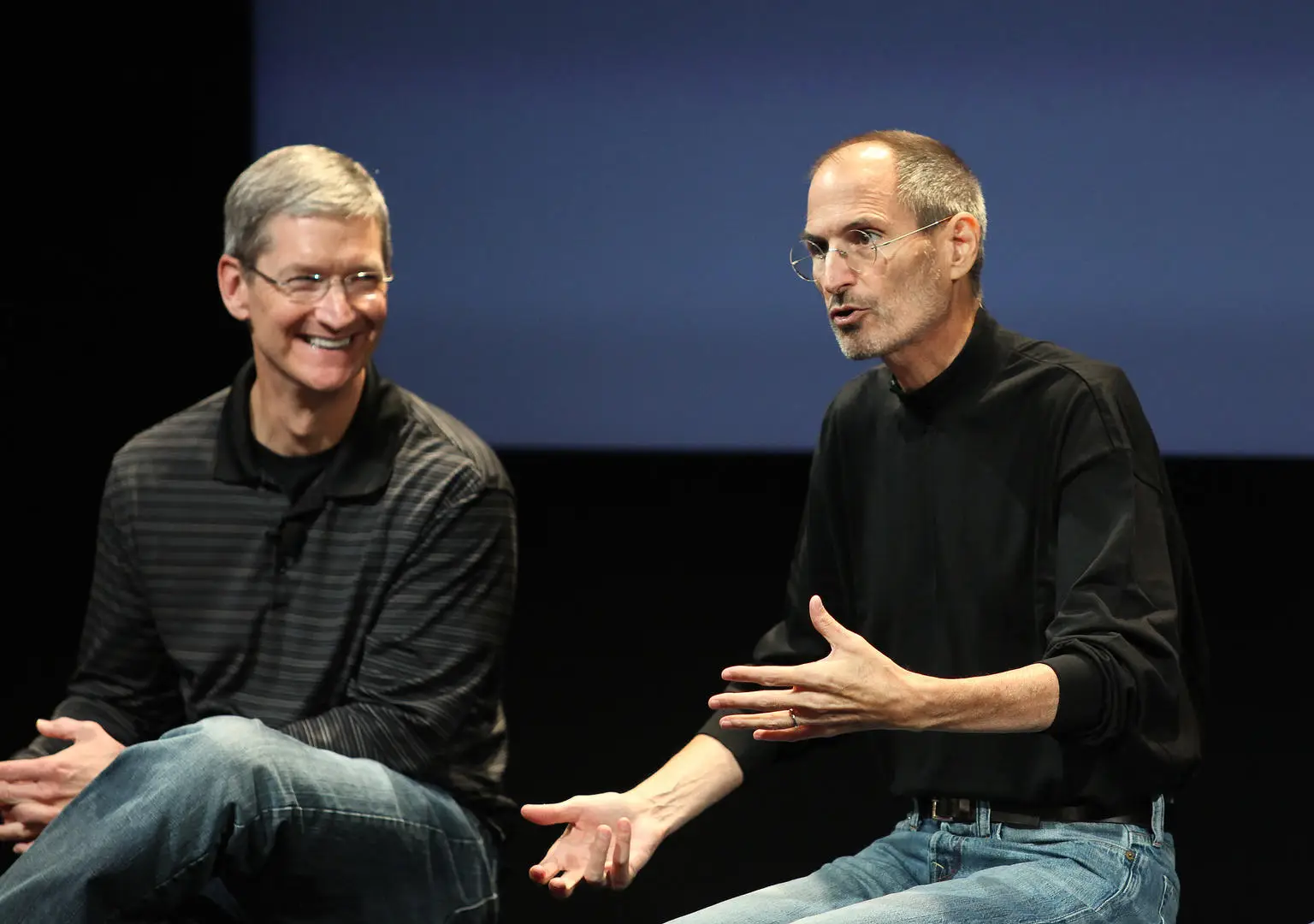Apple CEO Tim Cook will turn 65 on November 1st. While he hasn't officially mentioned retirement or resignation, Apple is reportedly preparing for a smooth leadership transition behind the scenes. Cook succeeded Apple founder Steve Jobs as CEO in 2011.
While speculation has long swirled about who will be Apple's next CEO, John Ternus, Senior Vice President of Hardware Engineering, appears to be at the center of the succession plan, becoming Cook's "most likely designated successor."
Apple appears to be deliberately promoting him, with its public relations team "putting the spotlight on Ternus." For example, in September of this year, at Apple's annual developer conference, he was tasked with introducing the iPhone Air, touted as the "thinnest iPhone ever." Last month, when the iPhone 17 series went on sale, while Cook greeted customers at the flagship store on Fifth Avenue in New York, Ternus played "Cook's role" at the flagship store in London, England.

▲John Ternus
"Most Likely Successor": A Former Swimming Champion Working on Hardware
John Ternus, 50, is Apple's Senior Vice President of Hardware Engineering.
According to reports, he is a mechanical engineer who graduated from the University of Pennsylvania in 1997. While in school, he was not only a good student but also a strong swimmer. A 1994 school newspaper mentioned that he swept both the 50-meter freestyle and 200-meter individual medley in a single college meet. Ternus was also named an "all-time letter winner" (i.e., the honorary athlete with the most appearances for the team) for the University of Pennsylvania men's swimming team, setting a record for the number of appearances.

▲ John Ternus introduces Apple products
After graduation, Ternus joined Virtual Research Systems as a mechanical engineer. Although the company is little known today, it was part of the virtual reality wave of the 1980s and early 1990s, focusing on VR headsets and immersive technology. This four-year stint exposed Ternus to cutting-edge display technology and human-computer interfaces.
In 2001, Ternus joined Apple's Product Design team at a pivotal moment in the company's history. Jobs had returned, the iMac had reinvigorated the company, and Apple was poised to launch products that would redefine the industry. As a relatively junior member of the Product Design team, Ternus initially worked on external displays for the Mac.
By 2013, Ternus was promoted to Vice President of Hardware Engineering, overseeing the development of AirPods, Macs, and iPads. In 2020, his responsibilities expanded further, as he took over iPhone hardware engineering. In January 2021, Ternus was promoted to Senior Vice President of Hardware Engineering, becoming a member of Apple's executive team.
Why him? Four Reasons
Why is Ternus the top candidate? The report analyzes several reasons.
1. COO Jeff Williams, once widely considered the "successor," suddenly announced in July that he would step down from his operational responsibilities and leave the company completely by the end of the year. The departure of this second-in-command has pushed Ternus to the forefront.
2. Ternus is 50 years old, exactly the same age as Cook when he took over as CEO in 2011. This means that if he takes over, he will have stable leadership for at least a decade. This is very attractive to the board, which wants a smooth transition. In comparison, other potential candidates, such as software chief Craig Federighi, who is 56, and marketing chief Greg Joswiak, who is 62, do not have an age advantage.

▲Cook and Jobs
3. Ternus is "charismatic, well-regarded by Apple loyalists, and trusted by Cook." Cook has not only given Ternus increasing responsibilities, but also given him a say in core decisions such as product roadmaps, features, and strategy, extending his influence far beyond that of a typical hardware executive.
4. The selection of a technical expert like Ternus may represent Apple's future strategic direction. Reports suggest that while Apple's market capitalization and revenue have seen impressive growth under Cook, its performance in cutting-edge technologies like mixed reality (the Vision Pro headset) and artificial intelligence has been less than satisfactory.
Analysts suggest that Apple's board of directors may believe that Apple's next chapter requires a technical leader with product expertise to steer the company.
Regarding Cook, analysts speculate that even if he steps down as CEO, he may "continue to be involved in some capacity," perhaps transitioning to the role of chairman of the board, following the example of Jeff Bezos and Bill Gates. Market research firm IDC commented, "The high standards set by 'star CEOs' like Jobs and Cook will become a burden for the next leader."
